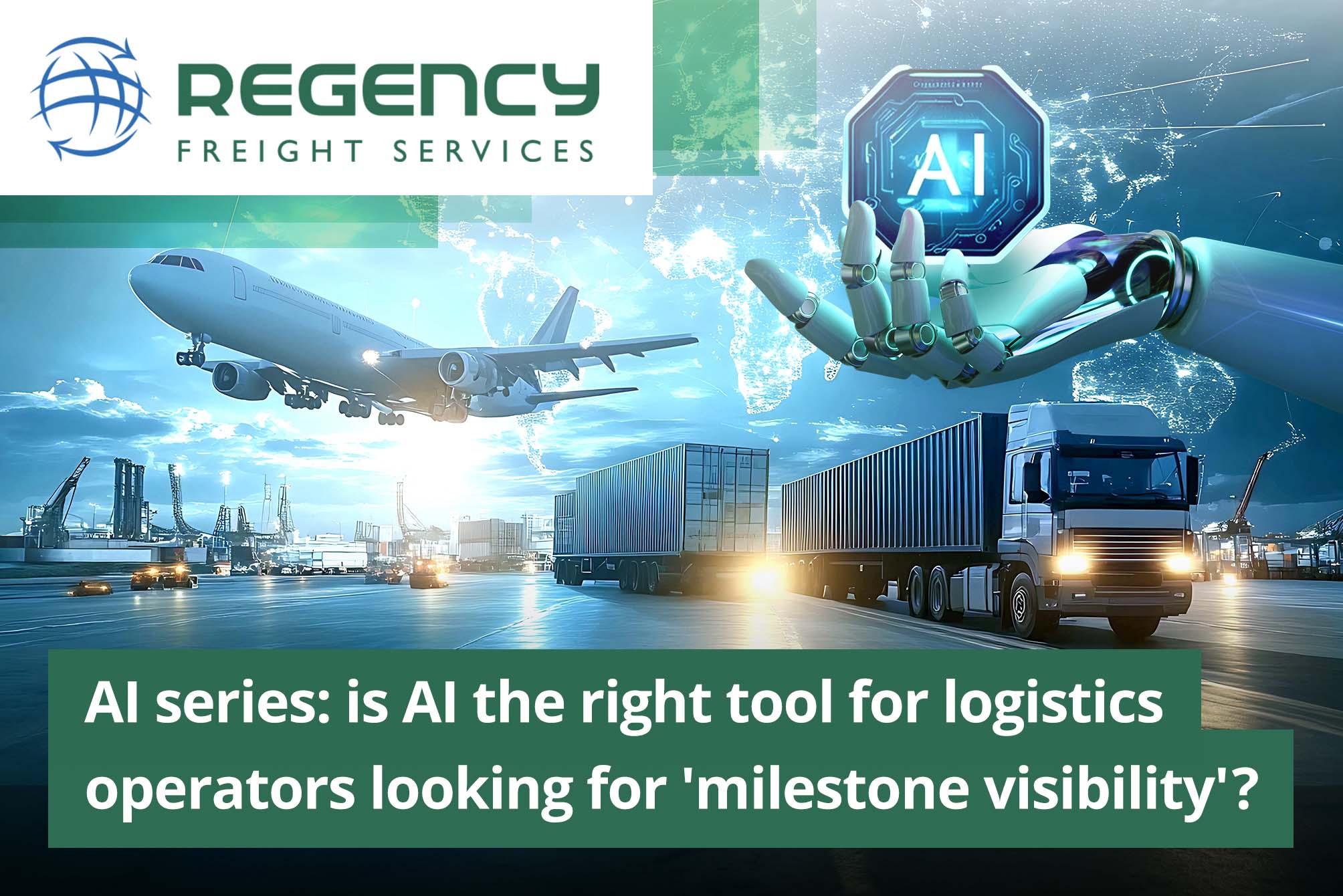Is AI the Key to Unlocking Milestone Visibility for Logistics Operators?
2 Comments14 October 2024

AI can help freight forwarders overcome key pain points in their operations.
Automating Manual Processes
Artificial Intelligence (AI) is proving to be a powerful tool for addressing the challenges freight forwarders face, particularly in managing manual processes. Stephanie Herminjard, Chief Strategy Officer at Raft, the world’s largest logistics AI platform, explains that AI can streamline tasks that involve handling large volumes of manual documentation.
For instance, many operators handle between 500 and 2,000 shipment update emails daily, which are manually processed to update transport management systems (TMS). AI automates this process by extracting data and updating systems quickly, minimizing human error. This automation allows forwarders to provide faster milestone visibility to customers, particularly in ocean freight, which is a common pain point.
Enhancing Visibility and Efficiency
AI can help forwarders deliver greater visibility on shipments, particularly during ocean phases where milestone updates are crucial. Herminjard explains that AI can fill in the gaps by identifying missing milestones and ensuring all relevant data fields are updated efficiently. This reduces delays and enhances customer satisfaction by providing real-time updates.
Simplifying Complex Communications
Due to the number of parties involved in the logistics industry—from truckers to ocean carriers and airlines—AI plays a key role in simplifying communication and data integration. Herminjard notes that freight forwarders often struggle with unstructured data from emails, PDFs, and invoices. AI automates these processes, allowing companies to quickly extract and process critical information.
Early AI Success in Finance
Companies like Navia and Scarbrough Global are already seeing the benefits of AI in their financial operations. For example, Navia uses AI to process accounts payable invoices, reducing errors and saving time. Scarbrough Global has integrated AI to reconcile payments and streamline financial processes. Their CEO, Adam Hill, highlights how AI has allowed the company to maintain a smaller finance team despite significant business growth, reallocating resources to more valuable tasks.
Expanding AI Applications
AI’s potential in logistics extends far beyond finance. Other possible uses include shipment registration, route optimization, demand forecasting, and automated warehousing. However, Herminjard advises that companies should start by applying AI to their specific pain points for the most immediate impact.
By targeting the areas that need the most improvement, freight forwarders can unlock the full potential of AI and significantly enhance their operational efficiency.
Source: Loadstar.com



